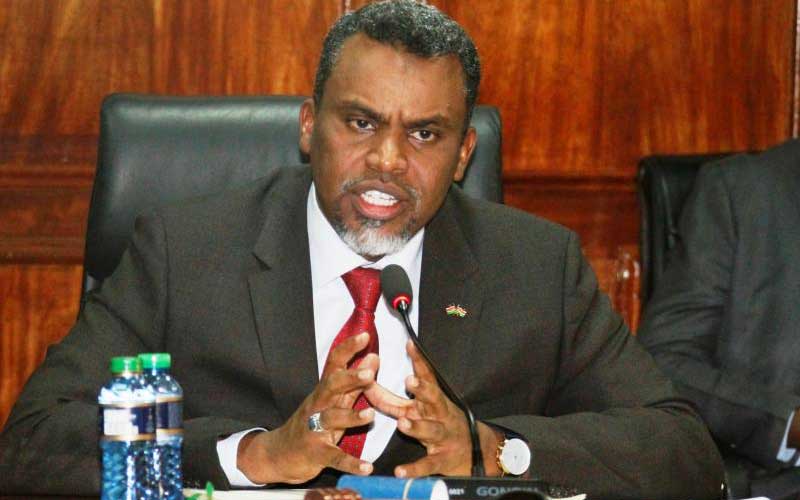×
The Standard e-Paper
Smart Minds Choose Us

Director of Public Prosecutions Noordin Mohamed Haji. [File, Standard]
The Director of Public Prosecutions (DPP) Noordin Haji wants more senior officials to answer for crimes committed by their juniors.